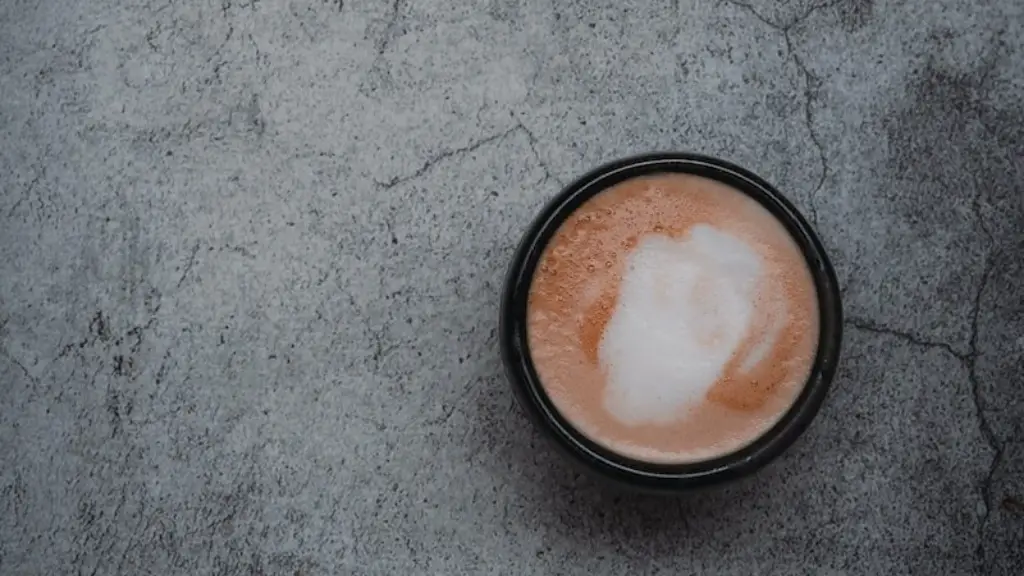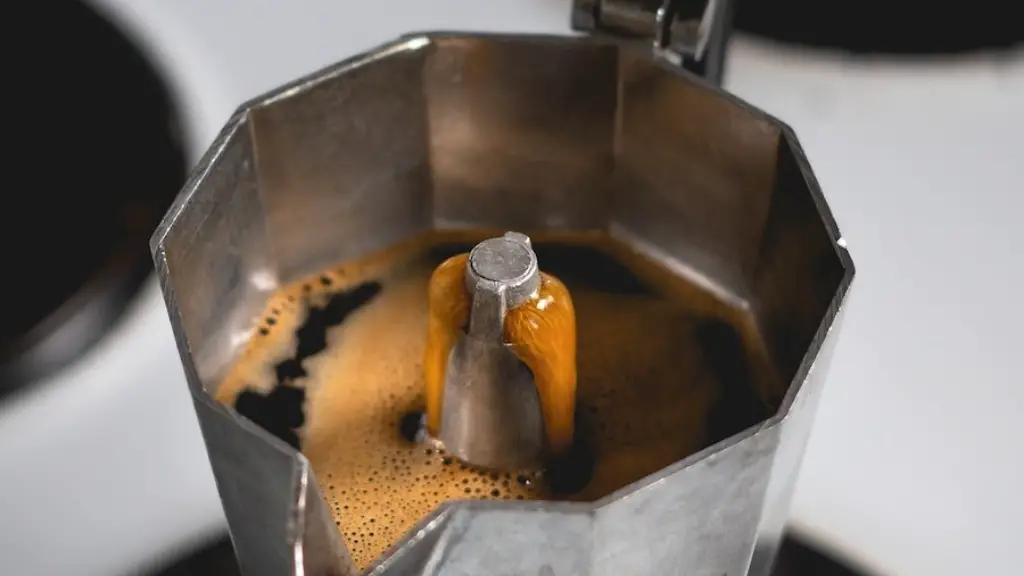It’s no secret that drinking coffee can give you a caffeine boost, but does this also mean that it could lead to higher blood pressure? Many people drink coffee every day, but what are the effects of this stimulant on one’s health? It is an important question to consider, and the answer may surprise you.
According to research, drinking caffeinated coffee can slightly increase your blood pressure. Studies conducted by the Mayo Clinic revealed that drinking a cup of coffee can cause an average spike of 5 to 10 mmHg in your systolic blood pressure, the measure of the highest pressure your heart exerts when it pumps blood. Experts estimate that this increase can last up to several hours, and also, drinking multiple cups of coffee throughout the day can increase your blood pressure further.
Moreover, it is known that coffee can cause stress on the body, leading to an increase in cortisol levels. Cortisol is a hormone that is released into our bodies in response to physical, mental and emotional stress and can affect your blood pressure. Consequently, if coffee is causing your body stress, this can encourage your nervous system to put your body in a ‘fight or flight’ mode, causing increased heart rate and higher blood pressure.
So how might this affect individuals who already have high blood pressure? High blood pressure, or hypertension, puts people at a greater risk for a variety of heart, renal, and other medical issues. To reduce the effects coffee has on high blood pressure, the American Heart Association (AHA) recommends limiting coffee consumption to one 8-oz cup a day for those with hypertension. Moreover, the AHA recommends reducing consumption to even less for pregnant and breastfeeding women.
It’s important to note that decaffeinated coffee likely has a much lower effect on blood pressure than caffeinated coffee does. Decaffeinated coffee has only 2 to 12 mg of caffeine per 8-oz cup, which is much less than the typical 95 mg of caffeine found in a regular cup of coffee. As such, decaffeinated coffee has negligible effects on both your heart rate and your blood pressure.
Though research shows that drinking coffee can increase your blood pressure, it isn’t all bad news. Studies also reveal that drinking regular coffee can be beneficial to some people. A study conducted by the University of Colorado in 2016 showed that drinking moderate amounts of coffee may slightly decrease your risk of heart failure or stroke. Such findings are currently uncertain, however, and more research is needed.
Genetic Impact of Drinking Coffee
Genetics play a huge role in dictating the effects that coffee may have on your body, as some individuals may naturally be more susceptible to its effects. A study conducted by the American Heart Association reveals that a gene variation, ACE I/D, affects the extent to which coffee increases blood pressure. People who have the genetic variant associated with higher blood pressure are more likely to experience an increase in blood pressure after drinking coffee. It is important to be aware of your individual genetic makeup, as this can be significant in determining the magnitude of the effects that coffee can have on your body.
Life Habits and It’s Impact
It’s also important to consider other lifestyle habits that you may have that can impact how coffee affects your blood pressure. For example, how much rest and exercise you get and whether or not you smoke or drink alcohol can all affect your overall blood pressure. Additionally, drinking coffee with food can have an effect on its effectiveness as well since food can act as a buffer and reduce the effect of the stimulants found in caffeine. Furthermore, some natural alternatives to coffee such as green tea may also help decrease blood pressure, as green tea is naturally low in caffeine and rich in antioxidants.
Types of Coffee
Additionally, types of coffee consumed can also make a difference in how it affects your blood pressure. For example, espresso typically has a much higher caffeine content than regular coffee and can have more of an effect on your blood pressure than regular coffee would. Furthermore, instant coffee can also be an issue since some brands use high-pressure processing techniques to extract caffeine from the beans. This method can increase the caffeine content in the coffee and amplify its effect on your blood pressure.
Overall Health Impact
Ultimately, the effects of coffee on blood pressure can be highly individualistic and the impact can span various physical and mental aspects of your health. It is essential to be aware of your individual health background prior to increasing coffee consumption. Moreover, if you are prone to anxiety or have high blood pressure, it is important to limit your coffee consumption to minimize the effect that it has on your body.
Environmental Impact of Coffee
It’s essential to recognize that the way coffee is grown and sourced also has an effect on our blood pressure. Coffee plantations can be subjected to hazardous materials and deforestation, leading to further environmental issues. Thus, it is important to purchase coffee from sustainable sources with ethically produced beans to ensure that we are helping to safe guard our environment.
Conclusion
In conclusion, the answer to whether or not drinking coffee can increase your blood pressure ultimately depends on a few key factors. This includes genetic makeup, lifestyle habits, and the types of coffee that you consume. While moderate consumption of regular coffee can be beneficial, it is important to be mindful of how much coffee you drink as it can increase your blood pressure, especially if you are prone to anxiety or have hypertension. It is also essential to note that coffee should be purchased from sustainable sources, as this will help to safe guard the environment and the humans, animals, and ecosystems that depend on it.



